Discrimination on the Pacific Crest Trail (Class of 2021)
The Pacific Crest Trail is hiked by thousands of people each year – from all over the United States and the globe. The trail has (slowly) become a more diverse and less exclusive space over the years as it has become more accessible. better documented, and more well-known.
One thing that needs to be documented as the trail and its community continue to develop is the prevalence of discrimination along the PCT.
The thru-hiking community, on the whole, is incredible, but that doesn’t mean it’s without faults. People both on and off the trail can, and do, exhibit discriminatory behaviors and attitudes toward PCT thru-hikers. In hopes of documenting and uncovering discrimination on the Pacific Crest Trail, I’ve added a section to the Pacific Crest Trail Survey asking hikers whether they experienced (or witnessed) discriminatory behavior during their thru-hikes.
As this is a new addition to the survey, I am happy to hear feedback on what would make this information more useful, insightful, or otherwise valuable to the thru-hiking community. I have already prepared next year’s survey to capture more location-based data surrounding hiker experiences.
Discrimination on the PCT
Here is a breakdown of the percentage of Women, BIPOC, and LGBTQ+ hikers who experienced discrimination both on and off the trail.

According to the data, people in town were generally more problematic than other hikers, but not by much. Here’s a look at the numbers.
Sexism: In total, 38.4% of female PCT hikers experienced discrimination on the PCT. Of this percent, 8.4% experienced discrimination from other hikers, 16% from people in town, and 13.9% from both fellow hikers and people in town.
Racism: In total, 30.4% of BIPOC hikers experienced discrimination on the Pacific Crest Trail. Of this percentage, 7.1% experienced discrimination from other hikers, 12.5% from people in town, and 10.7% from both their fellow hikers and people in town.
Homophobia: In total, 20.3% of LGBTQ+ hikers experienced discrimination on the Pacific Crest Trail. 7.6% experienced discrimination from other hikers, 8.9% from people in town, and 3.8% from both their fellow hikers and people in town.
| On Trail | Off Trail | Total | |
|---|---|---|---|
| Women | 22.3% | 29.9% | 38.4% |
| BIPOC | 17.8% | 23.2% | 30.4% |
| LGBTQ+ | 11.4% | 12.7% | 20.3% |
When asked to recount examples of the sexism or otherwise inappropriate behavior witnessed on the Pacific Crest Trail, here are some of the responses received.
Discrimination Against Women
- I met a total of five other southbound women – and dozens of men. Some of these men were great, but others made suggestive comments, followed me in and out of town, pestered me about sleeping arrangements, etc. And non-hikers commented on my hiking solo in almost every town. On resupplies, men would ask for my number, give unwarranted/suggestive comments, tell me to find a male companion, refer to me as a damsel in distress, etc. It is exhausting being a woman on the trail!
- Trail angels making sexually explicit remarks to female hikers.
- As a solo woman, I experienced a ton of sexism and mansplaining both on and off the trail.
- Camped alone in Oregon, a group on horseback asked if I knew what I was doing and offered me a ride back to town. One of the men in my trail family was pushy and tried to hook up with all the women.
- Creepy old men, plus the standard comments on women not hiking fast/hiking alone/etc.
- Day hiking men always let me know what they thought I was doing wrong and gave me unwanted and unnecessary “advice”.
- My female partner was catcalled by the workers at Grumpy Bear’s (Kennedy Meadows, California).
- I encountered several older males along the trail and in town who thought they were hilarious to suggest I couldn’t possibly be strong enough to carry my pack and that my boyfriend should be doing it for me.
- I was told that I shouldn’t be out hiking without my husband and asked whether he was financially supporting me.
- I’m a male and I hiked with my wife for the entire PCT. Frequently when we saw a male day hiker/weekender, he would do the following: not acknowledge my wife, give advice about her pack/hike/shoes/hair/speed/ and not to me, or come to me and “congratulate” me on getting a girl to hike this far.
- It wasn’t uncommon to overhear ignorant comments in trail towns, and some female friends of mine were directly harassed. Hikertown is a skeevy place.
- The trail and trail community have a lot more misogyny than I expected. I would frequently be asked where my boyfriend was (I was not even hiking with a partner). When around other males, non-hikers would ask if they carried my food. I would frequently get asked if I was scared, how my parents felt about me doing this, and who would be helping me along the way. All questions that I rarely saw male members of my trail family be asked.
- Mainly sexism from people in town given the fact I was a solo female hiker. Most frequent comment? “I can’t believe your husband let you go.”
- Male hikers would ignore female hikers’ high level of backcountry experience and give me “tips” on how things are really done. Obnoxious.
- People telling solo women hikers – but not the male hikers they were with – that they’ll never make it to Canada (despite having no hiking experience) and disproportionately asking solo women hikers if they carry a gun.
BIPOC Discrimination
- Casual racism in town was pretty much what I expected but was pretty shocked by microaggressions from the hikers around me. I was mistaken for any other woman of color in a 100-mile (160-km) radius constantly throughout my hike.
- Got a hitch in Seiad Valley, California from a guy who proudly used racial slurs and gave us explicitly racist opinions while driving us into town. (I’m white)
- Racism wasn’t directed towards us but several people thought they were in like company because we are white and made extremely racist comments around us.
- Hikers can’t tell any of the Asian female hikers apart.
- I’m white and I got hitches from two different people who thought it was ok to drop the N-Word.
- Met a hiker group with a black dude. When he wasn’t around they would make remarks that I would call “casual racism”.
- Saw some SS signs in Big Bear, California. Seiad Valley and the State of Jefferson suck pretty bad in general if you look into their history.
- Trail angel kept asking “what kind are you” in reference to what kind of ethnic group I belong to – did not take “American” as an answer.
- Walked through a lot of red towns. As a POC, I heard a lot of uncomfortable comments about immigrants and my skin color.
LGBTQ+ Discrimination
- Another hiker that I didn’t know insisted on informing me that every gay man he has ever met had tried to hook up with him, and he wouldn’t let me pass him so I could avoid having to hear his stories.
- I encountered hikers on the trail who were not respectful of pronouns and regularly made homophobic and transphobic comments/jokes.
- I got a hitch from a person who started making fun of a runner for “looking gay” – not knowing I’m gay. That was awkward.
- I’m trans and there was one hiker who refused to use the correct pronouns for me.
- People were racist/homophobic/sexist behind others’ backs A LOT. I got very tired of correcting/questioning them.
- While I was never the target of discrimination, many of the people in the more conservative backwater towns (particularly Seiad Valley, holy shit) would make comments and gestures that alluded to or were blatantly sexist, racist, or homophobic at times.
A Note on Older Hikers
I received a few responses in this section from older hikers regarding the way they were treated by younger hikers. Next year, ageism will be included as part of the survey as well.
- I’m 50+ and groups of younger hikers can be pretty closed off to people older than them. This seems to be purely about age. Of course, there are tons of great, inclusive people out there too.
- It’s a bunch of 20 and 30 somethings. They have their scene and will treat any middle-aged person weirdly.
- The trail is very white and most young people, in particular, aren’t necessarily open towards foreigners or older people.
General Aggression Toward Hikers
Some hikers also reported a general sense of aggression toward hikers along the trail. Although I do not have specific details regarding where these towns were, it’s something I hope to capture in next year’s data.
For reference, hikers’ least favorite resupply stops were:
- The Desert: Acton KOA and Hikertown
- The Sierra: Grumpy Bears Retreat and Kennedy Meadows
- Northern California: Seiad Valley and Belden
- Oregon: Crater Lake National Park and Shelter Cove Resort
- Washington: Stehekin and White Pass
Next year, I will aim to capture more detailed information regarding which towns hikers found most hiker-friendly and which were unwelcoming to Pacific Crest Trail hikers.
Support the Survey
I get a lot of people asking every year how to support the surveys, and beyond sharing them with your close-knit bubble of weird hiker friends, the best way to support the survey is to contribute via Patreon. You’ll get access to exclusive posts, discount codes, live streams, and super, extra cool stickers so that everyone will know how cool you are.
If you’re not into Patreon, that’s cool; you can Venmo @halfwayanywhere, Cash app $halfwayanywhere, or PayPal [email protected]
This is not expected. The data collected in the survey will always be free and accessible to everyone who wants/needs it. Your support is much appreciated and helps pay the website (and survey) bills.


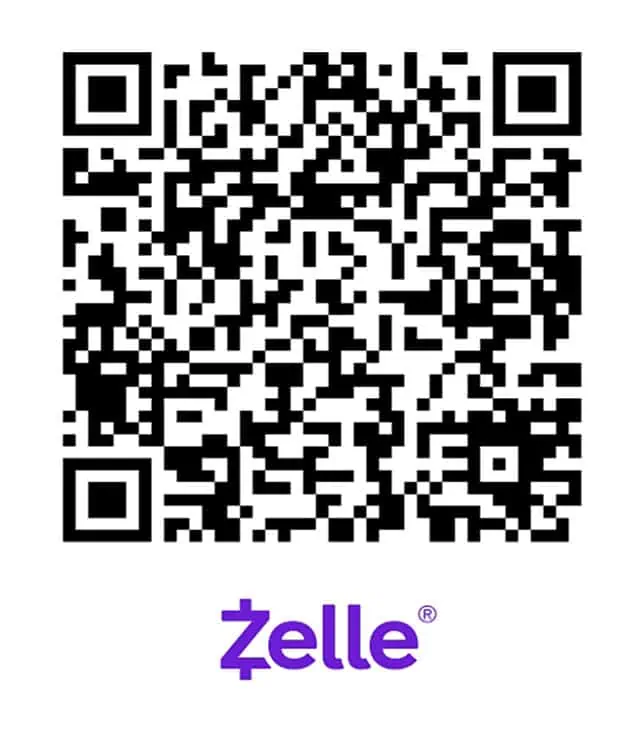
Pacific Crest Trail Survey Collection
Final Thoughts
As stated above, this is a new addition to the Pacific Crest Trail Survey. Hopefully, there comes a day when discrimination rates along the PCT are so negligible that they cannot even be meaningfully measured by the survey.
If you have any thoughts on how this data could be better summarized or used, please let me know. Next year, I’ll be collecting additional information on where along the trail hikers experienced discrimination to recognize potentially problematic areas along the PCT.
For now, I hope what I was able to capture from last year’s class helps to shed some light on issues in the trail community.

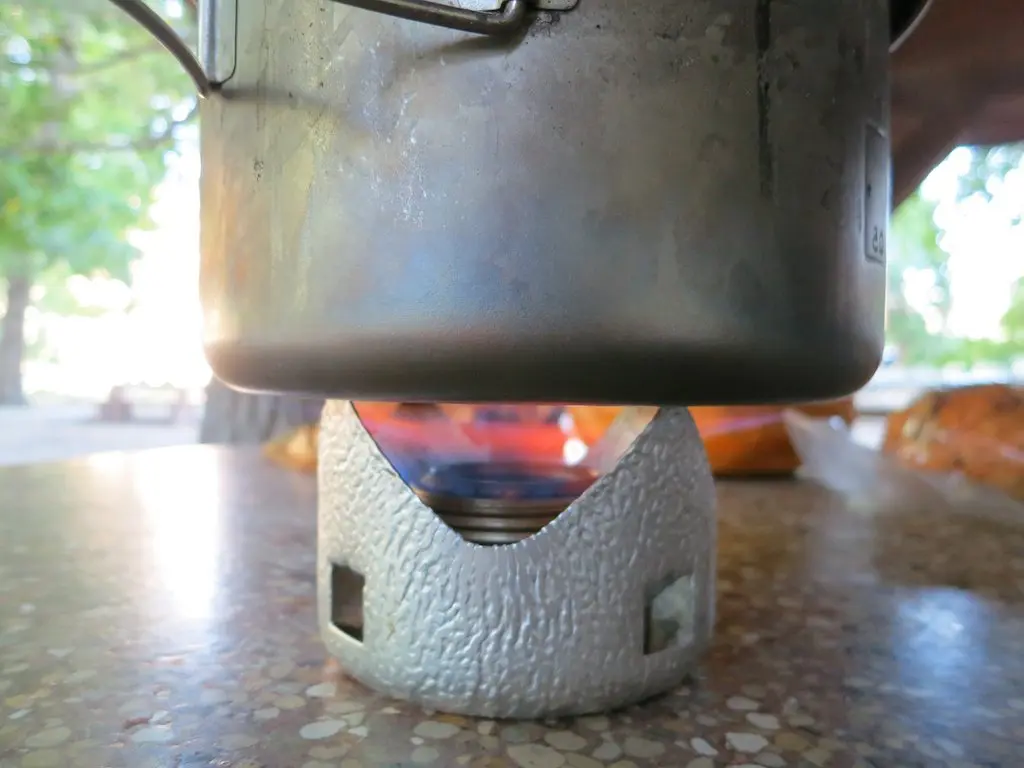
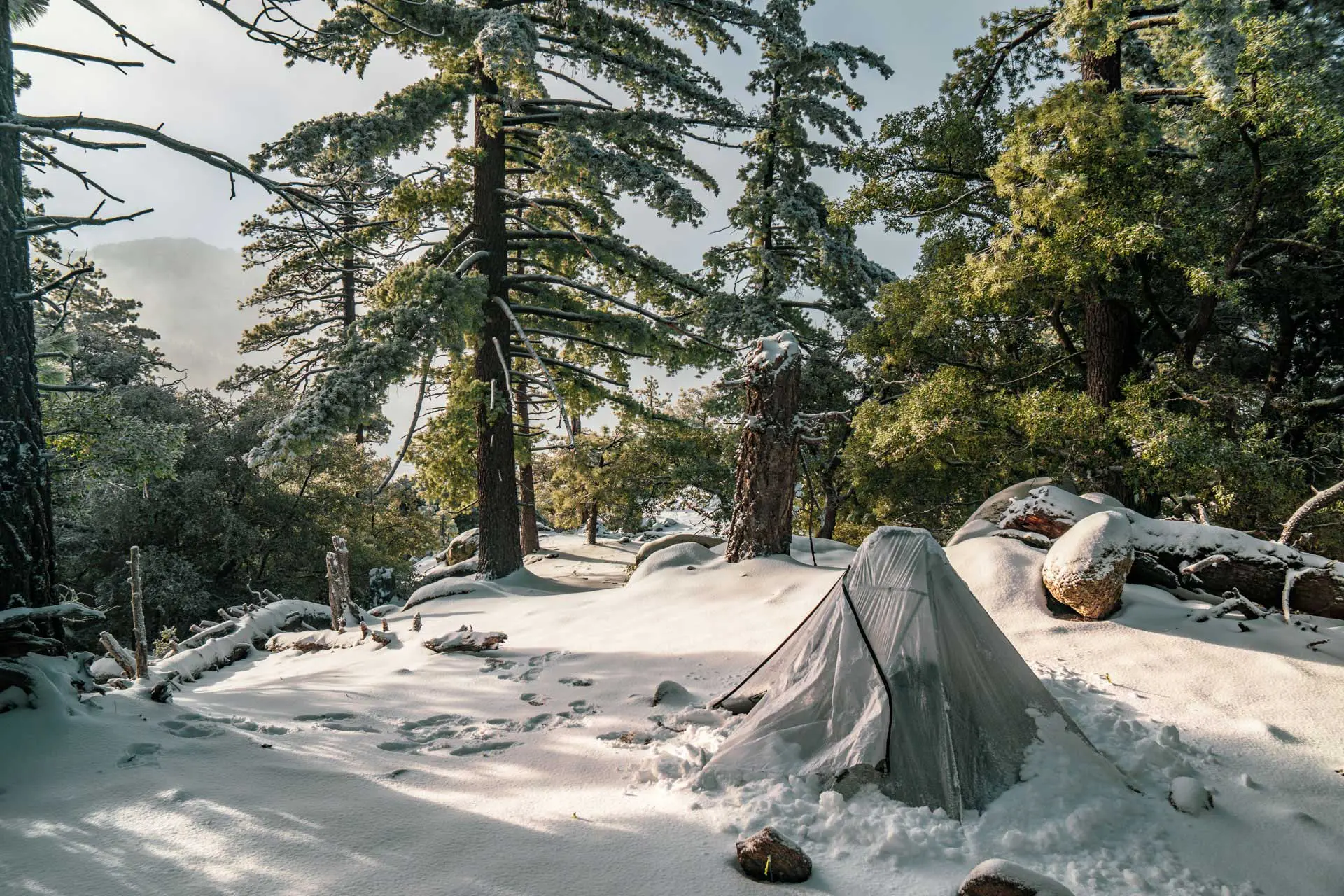
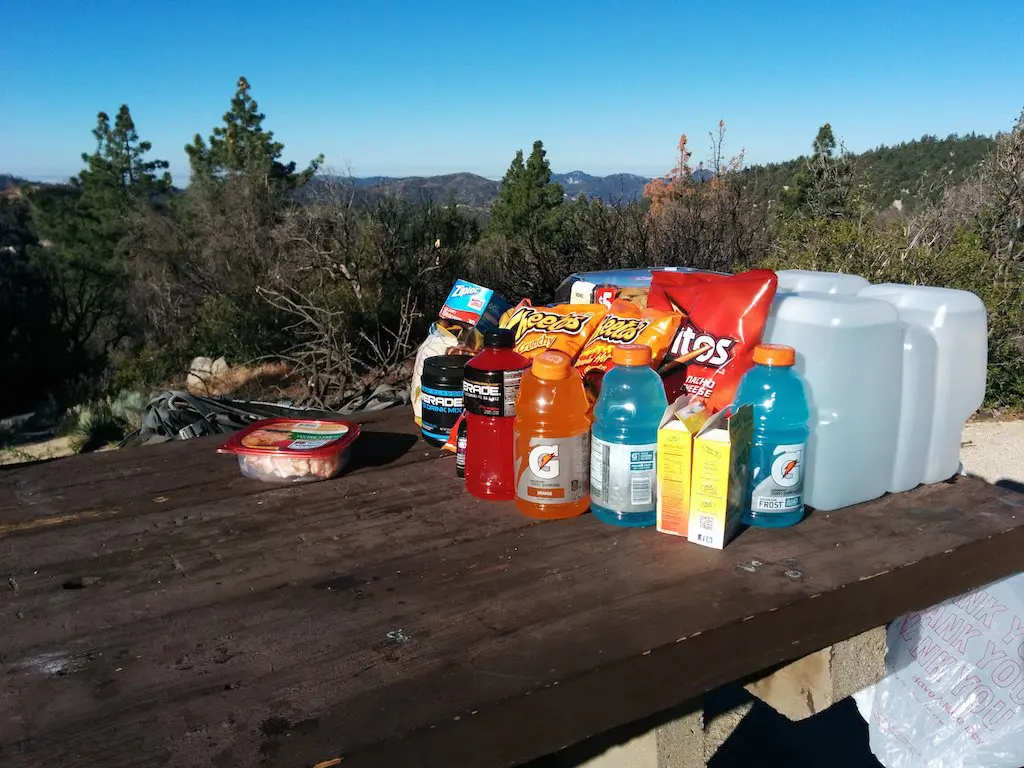
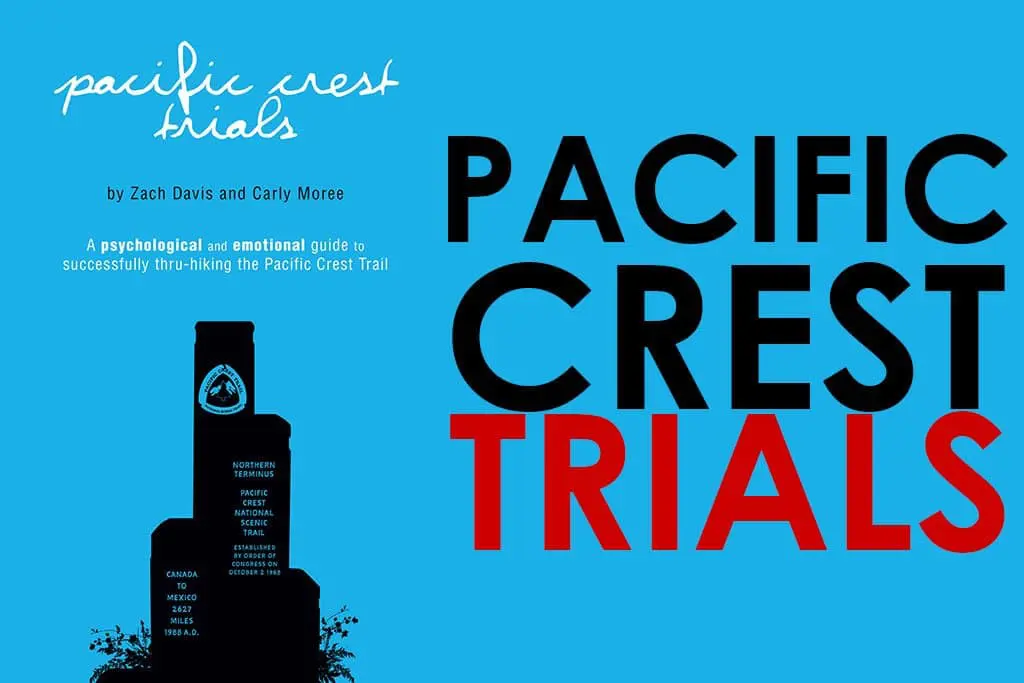
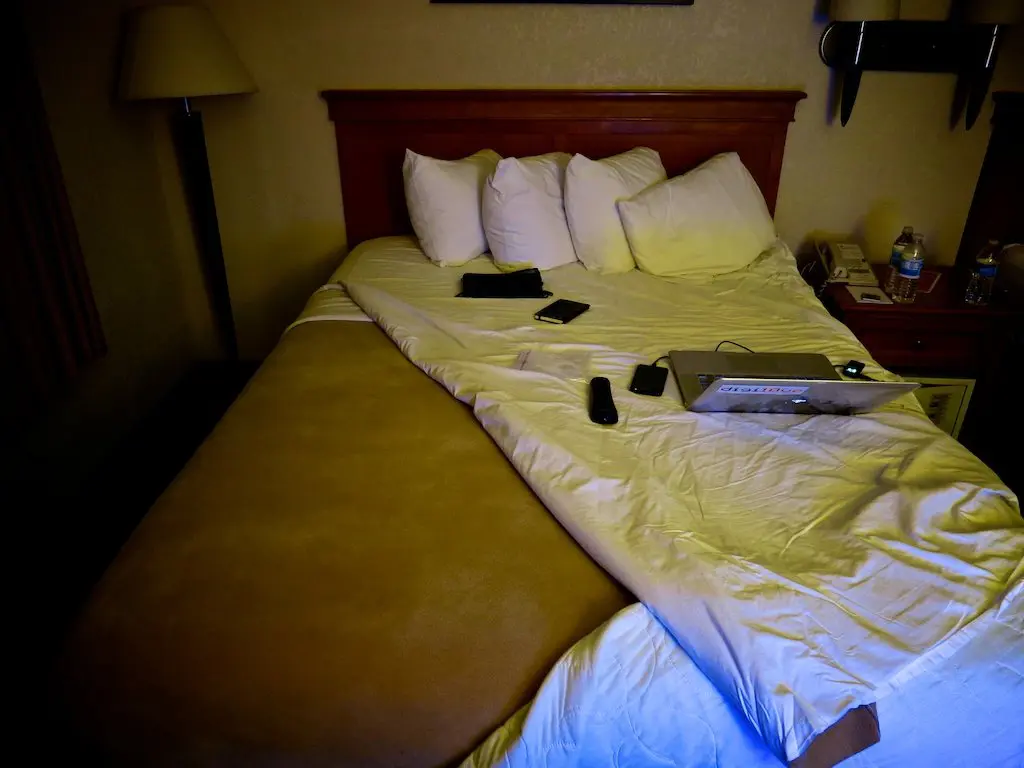
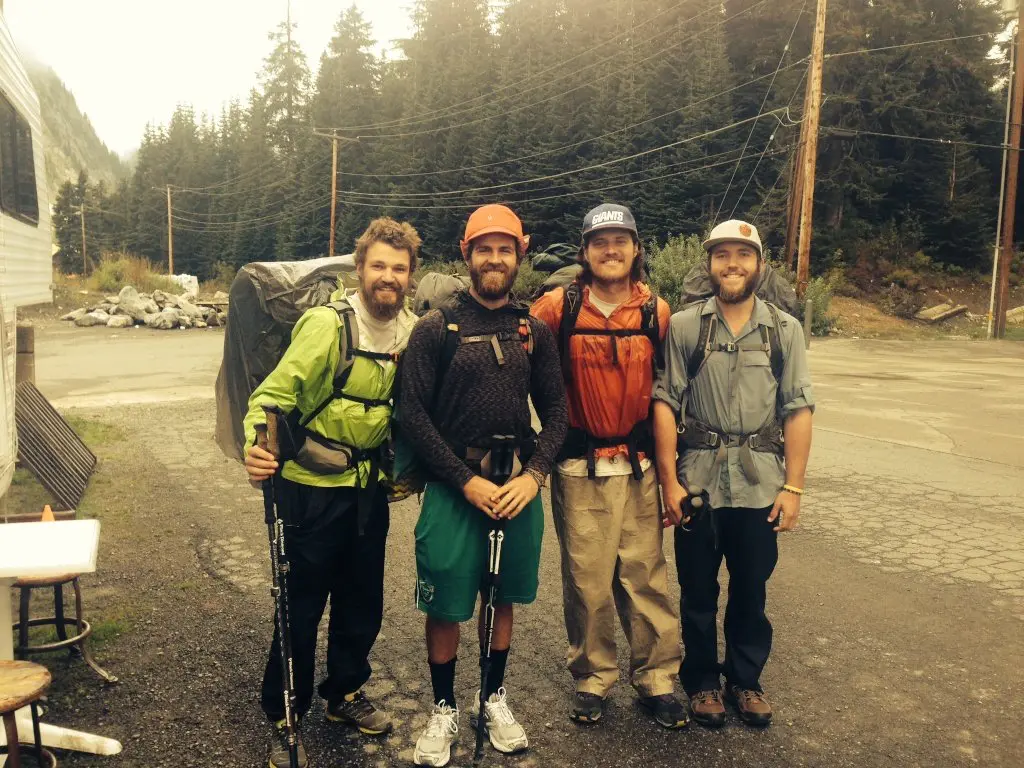
White male over 50 here. I’ve got a couple things. Have I felt discrimination? Yes. Age discrimination, being mistaken for being homeless and generally being perceived as racist, homophobic and entitled just for being a white male. I can’t correct bad behavior without being accused of ‘mansplaining’. The trick is just not caring what others think. You can’t control that so why try? HYOH, right? You’ll find your people, they’re out there. The other thing, I’ve spent 8 years living in trail towns and every year that I’m not a hiker, I HATE when it’s hiker season in town. There are so many asshole, entitled hikers out there that I avoid all of them. I used to give rides but no more. I’ve had PCTers try to open my car doors to get a ride and others running out in front of me to get me to stop. Hikers who group together and walk down the middle of busy roads. Hikers who camp on private property in town. Dirty, smelly hikers clogging the aisles in supermarkets with no regard for other shoppers. Taking their shoes off in restaurants. Absolutely trashing motel rooms. It surprises me that any trail town residents welcome PCTers. Of course not everyone is like this but the percentage is high enough that I actively avoid them. The trails get trashed. They’ll shit anywhere and just put a rock on top of it without even trying to bury it. I’ve seen numerous PCTers contaminate precious, low flow water sources by washing their laundry in them. Trash in bear lockers. Trash left along the trail. On and on. It’s very disheartening to see.
Great survey. Any mention of race/gender/protected classes will always kick up dust because some people see these topics as helpful to the sport as peeing in a water source but they should be discussed. I applaud and encourage your efforts, Mac! As a hetero male, I have been clueless on many occasions about my privilege until it’s pointed out. I don’t know what I don’t know.
Perhaps a question to ask is “As a fish, are you aware that you’re swimming in water?” What’s water?
Thanks, friend! Hopefully, this post won’t be necessary in the future.
I’ve generally found your surveys to be very useful though, as pointed out in my comments above, I think this ‘discrimination’ one needs a bit of work to provide valid results.
Can I suggest a question addressing discrimination about hiking styles and gear? I’m thinking of the attitudes some ultra-lighters have towards people who choose to hike differently…
I’m impressed by some to do the survey. But as a retired mature black male who travels full-time around the US. My day hiking experiences shock most and scare the rest.
I hope you include age in your following survey because young hikers will never appreciate life until they live beyond the years of their parents.
Please stay safe and healthy, as I look forward to seeing you on the trail or attending a trail days event.
Will do! If you see me out in the wilds, say hello! Although I probably will first as I typically talk to everyone.
In an episode of Ted Lasso, Jason Sudekis’s character says, “ Be curious, not judgmental”. I found that to be quite a grand comment. The world is full of nationalism, sexism, racism, ageism, along with a multitude of other “isms”. As a husband of a minority, and a father of 2 children of mixed race, I think that I am more sensitive than the average white male to comments or behavior by others. If I want and work at it I can find offensive comments or actions frequently. That said, when a comment is made or a behavior is exhibited that might be offensive, the first thing I try to do is not judge the person, but rather be curious where the “offending” party is coming from. Is it really an offensive comment? Or, is it poor word choice, lack of knowledge, lack of experience. Perhaps it is a lack of exposure to people unlike themselves? I say this because roughly 75% of Americans live in the same town that they were born in. While 80% live within 20 miles. The average American has been to only 3 countries. The most popular being Mexico, Canada and The UK (in that order). 1/3 of Americans have never been outside the country. All of which means that not only do Americans not really meet people that are unlike themselves, the truly don’t spend quality time with people unlike themselves.
I often will ask about the ethnicity of someone. It isn’t to judge them by any means, or make them feel uncomfortable but rather to learn more about them, their experiences, their cultural uniqueness, where they might have traveled or lived. Now, I admit that someone overhearing my question, may find it rude or racist, without really appreciating what I am trying to do is actually learn about someone else.
As I said, I am not denying that there is sexism, ageism, racism, but I fear that we may get caught up in perceived bad behavior and miss out on responding to truly bad behavior.
I didn’t see or experience any discrimination by hikers, but white men in towns dropping casual racist remarks because they assume that as a fellow white dude, I must secretly agree with them? Oh yeah. And they get very butt hurt when you point out that you don’t appreciate their bigotry. Not that I care about their feelings.
Almost as shocking as what some people say to others because they have different colored skin are the things some people will say to me because we have the same colored skin.
Also please include those not of ‘average’ weight. It is an ignored subset of the trail population. Honestly the fact that it isn’t included in your summary is proof enough.
I have an open-ended response for this section where hikers can report anything they wish. I had none report anything regarding weight, so your “proof enough” statement is incorrect. That said, I appreciate the feedback and will make this an explicit option in future surveys.
Thanks so much for including this in the survey! The more everyone is aware of discrimination, the more we can all work to eliminate it in our community. I think most people in these incidents aren’t trying to be offensive, and if we (cis white men, who don’t face the same challenges) can speak up whenever we see this kind of behavior, over time people’s understanding of what is and isn’t okay will improve and we can create a trail culture that’s much more safe and inclusive.
You’re welcome! I don’t know why people on Facebook (besides being people on Facebook) are so upset by the acknowledgment that the PCT is not perfect and that these sorts of things are happening on the trail.
Let me start off by saying I believe there was near zero discrimination against white men, but you should probably include this statistic in your results. I say this to show the relative discrimination against all groups and how little white men receive. I’ve had a front row seat to men treating women badly and was appalled (and spoke up.) It’s sad how clueless and unthinking they are. I had higher hopes for my gender, but sadly, we still have a long way to go.
Not a bad idea. I will certainly expand on this next year in the asking of questions and the reporting of answers.
Agree with this – I’m a White man and have experienced discrimination hiking. For example, people asking why I’m not carrying my girlfriend’s gear.
….also, difficulty hitch-hiking without afemale partner.
What a complex undertaking if attempting to be fair. How is one able to sort out prejudice action. A person desiring to start a friendly conversation looking for common interest points, “where you from ?”, “what was your name again, sorry?”, “locals caution comments for the area as they live in may see a lot of hikers come through”. The very nature of not knowing a person and where their comment is coming from all too easily gets tossed into , prejudice, racist, sexist. Although trying to hook up is quite rude and offensive, race nicknames is plain racist. I don’t think it is wrong for locals to comment concerns for weather, or solo hiking, especially in the Sierras, everyone would be safer grouped up with Satellite communication, fortunately the PCT is a semi busy trail. One in five complete the PCT, but if a local dares say, you might be running a little late for getting through Washington before snow fall, it can become sexist if the person you are talking to is female. And the vary acronym POC is racist and is social programing to take interactions from PLC (people lacking color) offensively. White people commonly experience also POC rudeness towards them as well, yet that is socially acceptable to people doing this. Ignore, move on. Some people just have a problem relating those who are not like them, or of similar age, or culture. It is the innocent out there I am attempting to defend here. I will say that younger people today are less courteous then they were when I was their age, but they would have no way of knowing this. Great work on your project here, I always find it interesting.
What an absolutely repellent reply to this great article. I suppose it’s a good insight into the grievance culture that privileged bullies have, I guess?
I’m a huge fan of the surveys on this website, but I agree with everything Randy said, including that racism and sexism exist. One problem I see is that this survey is guaranteed to show that discrimination exists for selected groups, and guaranteed to show no evidence of discrimination against other selected groups. The survey is discriminatory in itself if it doesn’t give the latter people a voice. For example, wouldn’t virtually any experienced male thru-hiker say it’s easier for women, or couples, to hitch? If next year’s survey included a question like “As a male, did you ever find it more difficult to hitch than a woman?” the result would likely show that males are the most discriminated against group on the trail. I don’t think that’s true, but it illustrates the importance of framing.
People have given me condescending advice about trails countless times, and I’m a man. Would that have been considered “man-splaining” in other cases? On roadwalk sections of a lesser known route people called the cops on me multiple times, because, presumably, they weren’t used to seeing hikers. If I were BIPOC I would have assumed racism.
I think it would be much healthier if we judged people by their behavior, without assumptions about motivation, rather than by judgments heavily influenced by either party’s identity.
And perhaps preemptively dismissing someone’s considered opinion because they are white, or male, is just another type of discrimination that divides us?
Racism and sexism exist. Let’s all just be nice to each other.
As part of the survey, there is an open-ended response where anyone can write anything they wish – regardless of who they are or what they identify as. I had zero white males write anything in here (except for the ones who made note of others’ treatment toward their female hiking partners). This is to say that your claim the survey “doesn’t give the latter people a voice” is incorrect.
As stated above, I will be including more explicit asks in the survey as far as aggression toward hikers in general goes.
Thanks for the response. I didn’t realize it was open ended. I think there are certain honestly arrived-at views that people aren’t comfortable in expressing. Just for an experiment, how about asking “If you are a male, did you find it more difficult to hitch than females or couples?” I think the responses would illustrate my main point.
Really like your surveys in general. Incredibly useful for the hiking community.
As if this somehow invalidates the above article?
It proves men are routinely discriminated against as well.
All hikers face discrimination based on some combination of weight, age, sex, gender, attractiveness, experience, nationality, skills, wealth, athleticism, race, height, intelligence, style and any number of other attributes. We are all luckier in some areas, and unluckier in others.
With few exceptions PCT thru-hikers are among the most privileged people on earth.
“We do not see things as they are. We see things as we are.”— Rabbi Shemuel ben Nachmani
See you down the trail.
Then I would encourage these men to express these feelings on the survey in the future (as they were given the opportunity to on the 2021 survey). I still don’t see your point here.
The point is that you will get ‘confirmation bias’ if you deliberately target certain people or groups for your survey questions. For example, if you explicitly ask women or gay people to answer certain questions, you will get answers that tend to confirm prejudice against those people. If your questions are worded so that any person/group can answer, you will get more valid results.
All survey respondents, regardless of demographics, are presented with this question. Since there is no targeting, it would seem there is no confirmation bias. If you have thoughts on how to improve this question, I would be happy to hear them.
Thanks Mac.
Compared with your other survey pages, this one is less transparent about the question(s) that were actually asked.
Is there a link to the questions for next year?
Kind regards,
Scott
You’re free to look at the survey, but I’ll save you the time.
The question that’s asked is “did you experience or witness any of the following?” with multiple choice options for sexism, racism, homophobia, etc. listed for both “other hikers” and “people in town”.
Then, there is an open response follow-up question asking respondents to elaborate.
Survey link if you’re still interested: https://www.halfwayanywhere.com/fill-out-pct-survey
Thanks Mac.
I wasn’t able to access the question in the survey link, but from the question you’ve provided above it looks solid.
I’m through-hiking next year and look forward to doing the survey at the end.
Thanks for all your efforts on this website – it’s very useful.